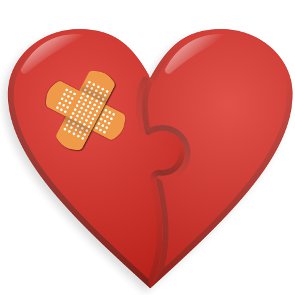How to Prevent Stroke
 A stroke is a medical emergency that consists in the rapid loss of brain function (or functions) due to disturbance in blood supply to the brain.
A stroke is a medical emergency that consists in the rapid loss of brain function (or functions) due to disturbance in blood supply to the brain.A stroke is also referred to as cerebrovascular accident (CVA). About 6 million people get a stroke every year. Many of them die, and about 70-80% of those who survive a stroke become disabled.
Stroke symptoms usually develop suddenly. There is even a type of stroke called a silent stroke that is asymptomatic. The patient is unaware that he has suffered a stroke, but his brain has still been damaged. The consequences of a stroke can be quite severe: it may cause permanent neurological damage and even death. Therefore it is easier to prevent a stroke than to deal with its consequences.
Strokes can be subdivided into two large categories: haemorrhagic and ischemic. Ischemic strokes result from interruption of the blood supply to the brain. Haemorrhagic strokes are caused by an abnormal vascular structure or rupture of a blood vessel. About 80-85% of all strokes are ischemic.
There is a number of risk factors for stroke. They are:
- arterial hypertension;
- atrial fibrillation;
- high blood cholesterol levels;
- lack of physical activity;
- unhealthy diet;
- obesity;
- pernicious habits: active and passive cigarette smoking, heavy alcohol consumption, drug use;
- diabetes mellitus.
You might say: “A lot of people eat unhealthy food or smoke, and many of them live a long life without a stroke”. It is true... to some extent. Sometimes it happens the other way round, and that is the problem. A stroke is always unexpected: a person may seem perfectly healthy and then suddenly have a stroke.
Therefore stroke prevention is a very important public health concern. There are several methods of preventing stroke, let us enumerate the most important ones:
- lowering high blood pressure;
- anticoagulation with medications (for people with atrial fibrillation);
- lowering blood cholesterol level;
- healthy nutrition;
- weight control;
- giving up pernicious habits.
One more important method of preventing stroke is regular medical examination. It helps to determine whether you have any problems with your cardiovascular system and cope with them before they lead to a stroke. But a full medical examination is time and money consuming, therefore many people neglect it.
Breadcrumbs
Tags